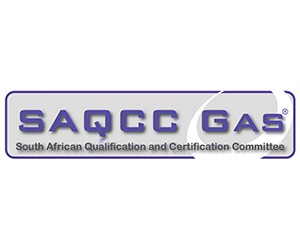The increasing availability of fuel gas in South Africa has impacted many households and commercial spaces as homeowners and business owners migrate to gas as an energy alternative. The increase in availability has impacted the increase in demand, however, this could have also initiated an increase in “chancers”. Installers seem to outnumber Practitioners.
What is the difference between Installer and Practitioner?
The word “Installer” in its own right means anyone who positions or connects a component or equipment for service, in a gas context this would mean anyone who walks into a premise to install gas equipment or a gas system. This Installer is the “guy on the street” who is most likely self-taught and experimental. Such installers hold no certification or qualification that warrant them to operate on a gas system. Fuel Gas is a safe and predictable energy source to work with, however, if the Pressure Equipment Regulations (PER) are not closely followed, gas can be hazardous.
The Pressure Equipment Regulations
The PER outlines the duties of the different role-players, from manufacturers through to Users. These regulations set out the requirements regarding the design, manufacture, operation, repair, modification, maintenance, inspection and testing of pressure equipment. In terms of the Occupational Health and Safety Act, 1993, the PER also requires persons handling the installation of any gas systems to undergo specific training and to be registered with the South African Qualification and Certification Committee for Gas (SAQCC Gas) as mandated by the Department of Labour.
A Practitioner is an individual who adheres to the PER, who is; trained, holds competency certification, and is registered with SAQCC Gas. This is a competently trained, experienced and legally registered individual who can be entrusted with a specific gas system. Due to the variety of gas systems, Practitioners hold different certifications, therefore when requesting a Practitioner, the end user needs to make sure that the individual’s certifications are aligned with the required work. Dissimilar to an Installer, a Practitioner can issue a Certificate of Conformity (COC).
Certificate of Conformity
A Certificate of Conformity (COC) for Gas installations is a legal document which must be obtained whenever a gas system or appliance is installed, modified or repaired and should be retained for probable future requirement. This document can only be issued by a Registered Practitioner. It should be noted that, should there be no valid COC, many insurance companies will not accept liability for costs of damage caused to property or assets.
When an end-user chooses to use an uncertified Installer instead of a Registered Practitioner, they place themselves in an alarmingly dangerous situation, where their safety and assets lie jeopardised.






